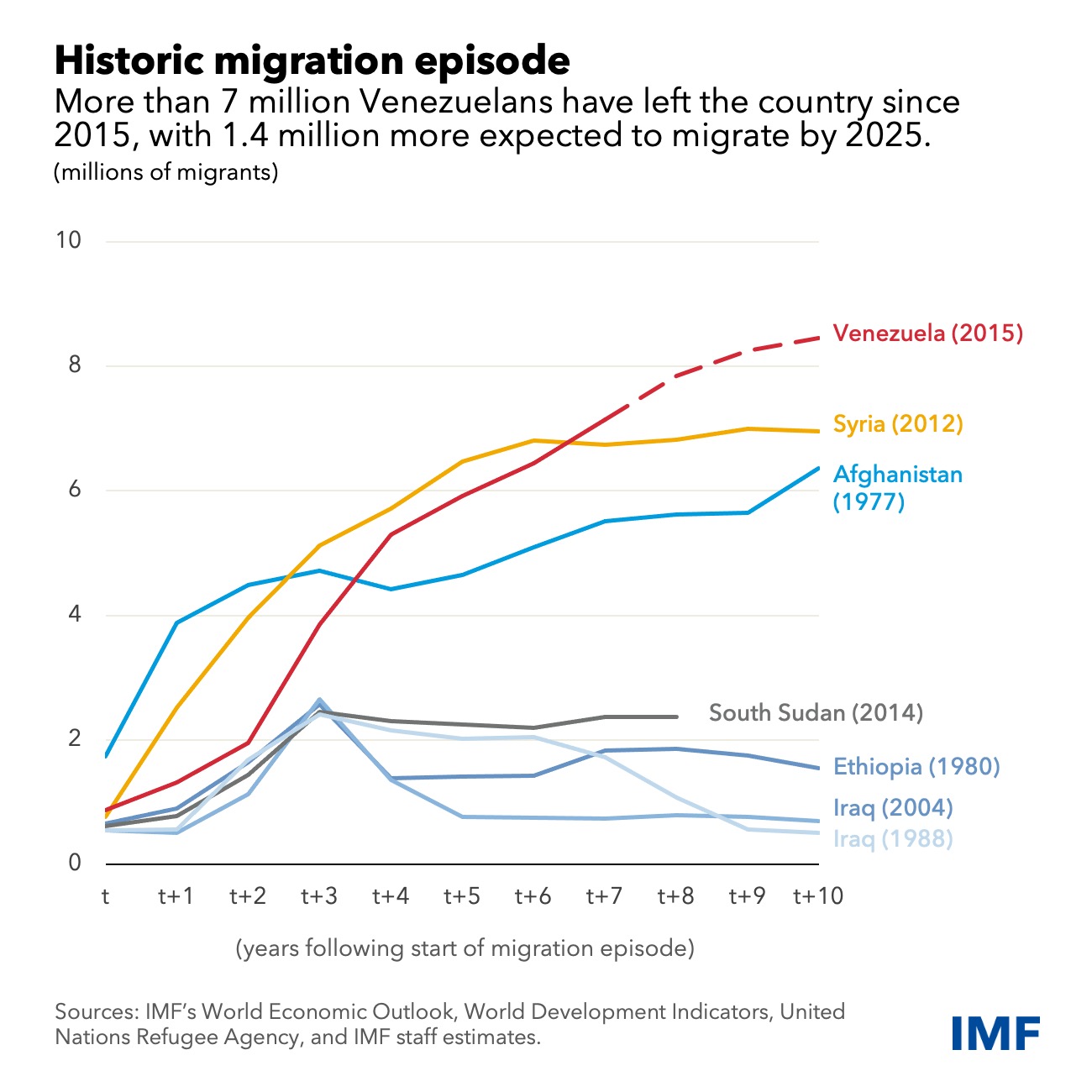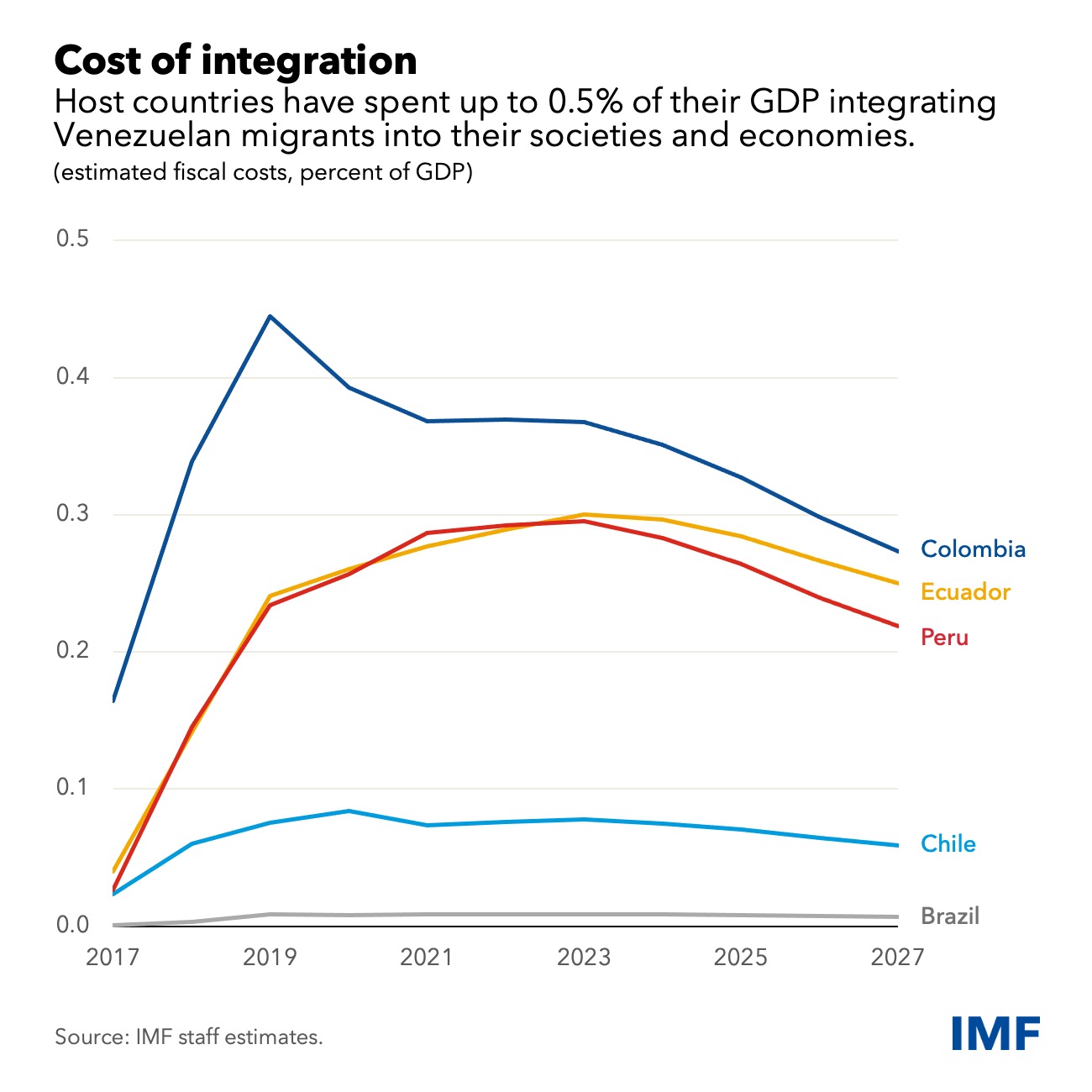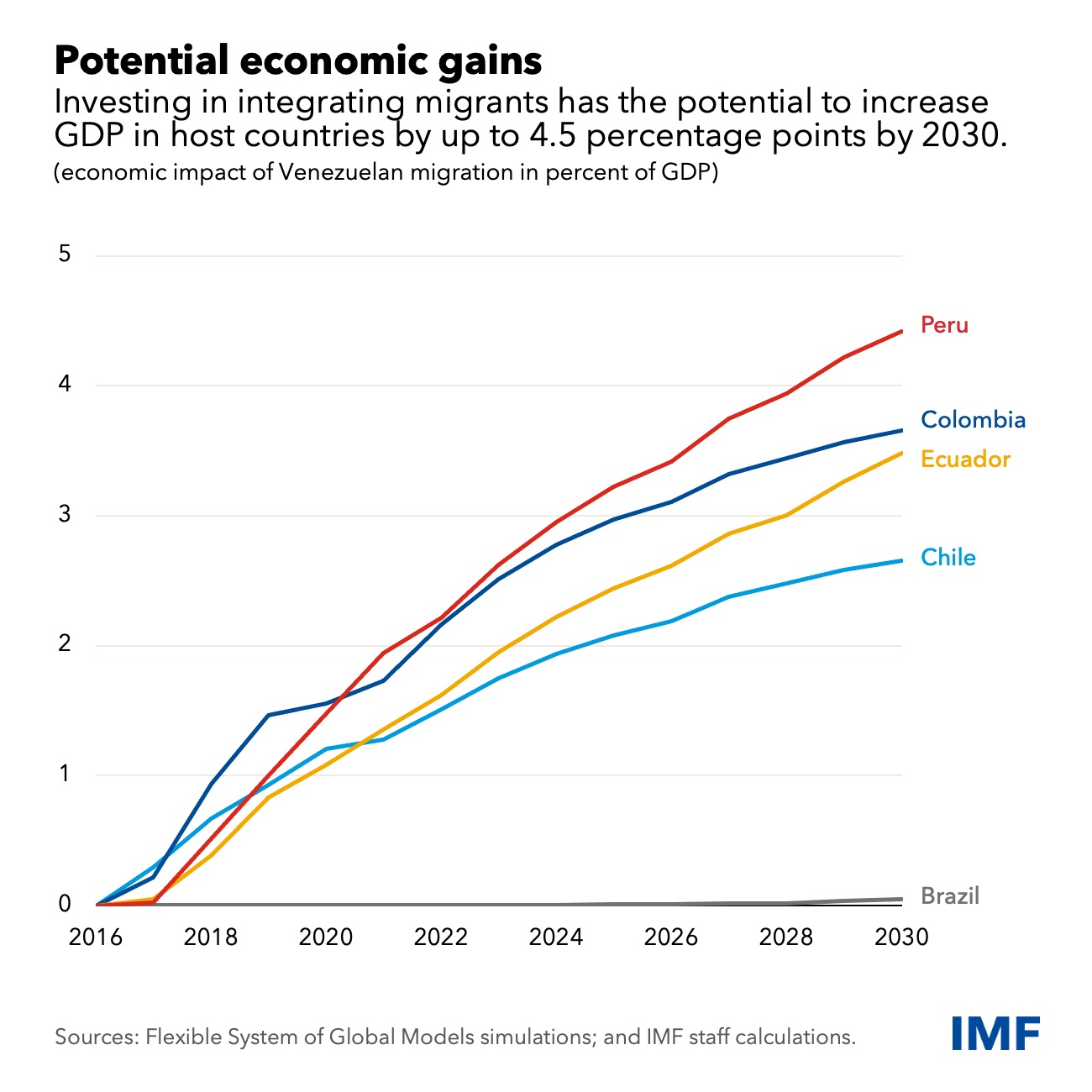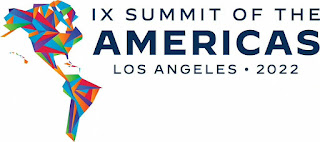United Nations General Assembly, September 24, 2014: Argentina's President Fernandez de Kirchner Denounces Economic Terrorism
By Carla Stea
Dazzling and supremely erudite, Argentina’s President Cristina Fernandez Kirchner denounced as terrorism the economic policies that have been strangling the developing world during the past century, and are continuing these criminal actions today, the legacy of Milton Friedman’s Chicago Boys’ gangster economic policies. These policies, implemented by the infliction of “shock therapy,” institutionalizing torture, murder and disappearances of individuals, groups, and often heads of state who defy these barbaric economic models, are policies which are more accurately described as global economic theft, sanctioned by the theory that “might makes right.”
The IMF’s “conditionalities” were described, in sanitized language, as “structural adjustment programs,” demanding the obliteration of free national education and health care programs, causing the destitution of majorities of citizens in the developing countries, and resulting in the gross indebtedness of collaborating governments to parasitic interests of multinational corporations, banks, hedge funds, vulture funds and their ilk. The Milton Friedman Chicago Boys policies were described by one of Friedman’s most brilliant students, the German born economist Andre Gunder Frank, as “economic genocide.”
President Kirchner described her late husband, President Nestor Kirchner’s success in rebuilding Argentina, despite the total bankruptcy into which decades of the Chicago Boys policies had plunged a devastated Argentina. She described the earlier chaotic situation, in which Argentina had five presidents in one week during 2001, a disaster rivaled, perhaps, only by Bolivia, which, similarly hostage of the Chicago Boys, had three revolutions in one afternoon, finally resulting Bolivia’s progressive presidency of Juan Jose Torres in 1970. President Torres was overthrown, ten months later, by fascist General Hugo Banzer, with the blessing of Washington, and was then murdered in Argentina in 1975.
The earlier history of Argentina described by President Kirchner, a history common to almost all Latin America Southern Cone governments hostage to the Chicago Boys’ policy of economic genocide, is succinctly summed up by Professor John Dinges in his work “The Condor Years,” (Pages 154-155).
[By 1975], “Inside the U.S. embassy Legal Attache Robert Scherrer quickly developed information that the Torres murder was part of the new security forces cooperation among the military governments…the bloody reality of mounting repression and the assassination of three prominent figures – the Uruguayan Senators Michelini, Gutierrez and Bolivian President Torres who had sought protection in Argentina… .Slowly, among those reading the most secret intelligence traffic about Latin America – in the embassies, in the CIA, in the Defense Intelligence Agency, the FBI and the State Department there was an awakening to a flow of hard evidence that was soon to become a flood: that by 1975 the government of Argentina was committing human rights violations on a massive scale never before seen in Latin America, and the six military governments of the Southern Cone were cooperating to assassinate one another’s opponents.”
This was the Argentina in which Presidents Cristina and Nestor Kirchner spent their earliest years. This was the environment in which the Chicago Boys’ murderous economic policies were forced down the throats of the majority of Argentina’s citizens, utilizing torture, murder and “disappearances” to facilitate the “privatization” of the country’s resources in the organized theft of the nation’s patrimony. This theft was engineered by one of history’s most deadly mobs of criminals, the Chicago Boys, trained by the sociopath Milton Friedman, who was awarded the Nobel Prize for economics in a decision grossly discrediting the legitimacy of the Nobel Committee.
President Kirchner described the economic and social recovery steered by her husband, President Nestor Kirchner, a program of social and economic inclusiveness which made education widely available to Argentina’s majority, which decreased unemployment while establishing social safety nets, a program in which Argentina’s economy began to thrive, as Nestor Kirchner weaned Argentina’s economy from the IMF ‘debt trap’ (the title of the superb book by economist Cheryl Payer), and made arrangements to pay off the astronomical debts amassed during the previous period of economic domination by the Chicago Boys, (debts for which Nestor Kirchner’s government was in no way responsible). President Cristina Fernandez Kirchner spoke with legitimate pride of Argentina’s success in reducing widespread poverty, despite the financial disaster engineered by the thugs of the international financial system who are currently still attempting to hold Argentina hostage.
President Kirchner voiced the concerns of the greater part of the developing world, which voted on September 9, 2014, for the United Nations General Assembly resolution: “Toward the Establishment of a Multilateral Legal Framework for Sovereign Debt Restructuring Process.” Argentina’s Foreign Minister, Hector Timerman (whose father, the great journalist and human rights advocate, Jacobo Timerman, had been imprisoned and tortured for two years in Argentina during that same “dirty war” of 1976 described earlier) introduced that resolution, “establishing an ethical political and legal pathway to end unbridled speculation.” The resolution was adopted, with 124 nations supporting it, eleven nations opposing it, and forty one abstentions…The scandalous profits made by parasitic “vulture funds” are funneled into campaign and lobbying to prevent change in the current viciously unjust economic architecture. The Cuban delegate stated the appalling fact that “Developing countries had paid many times the amounts originally received as loans and that devoured resources essential for development.” The distinguished American economist Joseph Stiglitz has repeatedly emphasized precisely this same fact.
President Kirchner denounced U.S. Federal Judge Thomas Griesa, whose currently strangling injunctions, prohibiting Argentina’s repayment of 92.4 percent of the debt until the “vulture funds” are paid in full, would force the return of Argentina’s economy to destitution, totally destroying the new economic and social programs which are empowering Argentina’s majority, and would quickly restore the earlier squalor of the economically colonized Argentina into which Milton Friedman’s thugs and the IMF had forced Argentina to subsist for decades of Kirchner’s earlier life.
In her masterpiece, “The Shock Doctrine,” exposing the criminal thuggery of Friedman’s Chicago Boys, Naomi Klein states:
“In the early nineties, the Argentine state sold off the riches of the country so rapidly and so completely that the project far surpassed what had taken place in Chile a decade earlier. By 1994, 90 percent of all state enterprises had been sold to private companies, including Citibank, Bank Boston, France’s Suez and Vivendi, Spain’s Repsol and Telefonica. Before making the sales, (former President) Menem and (former Finance Minister) Cavallo had generously performed a valuable service for the new owners: they had fired roughly 700,000 of their workers, according to Cavallo’s own estimates; some put the number much higher. The oil company alone lost 27,000 workers during the Menem years, An admirer of Jeffrey Sachs, Cavallo called this process “shock Therapy.” Menem had an even more brutal phrase for it: in a country still traumatized by mass torture, he called it “major surgery without anesthetic.”*
“* In January 2006, long after Cavallo and Menem were out of office, Argentines received some surprising news. It turned out that the Cavallo Plan wasn’t Cavallo’s at all, nor was it the IMF’s: Argentina’s entire early-nineties shock therapy program was written in secret by JP Morgan and Citibank, two of Argentina’s largest private creditors. In the course of a lawsuit against the Argentine government, the noted historian Alejandro Olmos Gaona uncovered a jaw-dropping 1,400 page document written by the two U.S. banks for Cavallo in which “the policies carried out by the government from ’92 on are drawn up…the privatization of utilities, the labour law reform, the privatization of the pension system. It is all laid out with great attention to detail
….Everyone believes that the economic plan pursued since 1992 was Domingo Cavallos’s creation, but that’s not the way it is.” In the long term, Cavallo’s program in its entirety would prove disastrous for Argentina.
…So many jobs were lost that well over half the country would eventually be pushed below the poverty line.”
As President Fernandez Kirchner charges, today it is obvious that U.S. Federal Judge Griesa’s ruling is an attempt to destabilize Argentina, using a new imperialist tactic devised by the current gangsters of international capitalism who thrive by devouring the lives and patrimony of the majority of citizens of the developing world, and, indeed, impose these tactics upon the “99%” percent of citizens within the countries of the developed world.
President Fernandez Kirchner explicitly denounced as economic terrorists the “vulture funds” which, supported by the United States’ judicial system, are attempting to destabilize and ultimately overthrow her government. She stated: “Not only those who place bombs are terrorists, but also those who destabilize the economy of countries, and cause hunger, misery and poverty from the sin of speculation.”
Judge Griesa is attempting, in fact, to fine Argentina $50,000 per day for not complying with his ruling, and declaring Argentina in contempt of court.” In response to his brutal arrogance, President Kirchner cited a quote from former UK Prime Minister Gordon Brown, who described such “creditors” as immoral, preventing countries from tackling problems of education, health and poverty.
Argentina’s president spoke fiercely of such engineered poverty and destitution as creating fertile breeding ground for terrorist leaders recruiting among those who have lost all hope of lives affording them options for fulfillment and dignity, and her voice echoed, 35 years later, the speech delivered on August 27, 1980 at the United Nations Eleventh Special Session on Economic Development: “Toward a New International Economic Order”: Joaquim Chissano, then Foreign Minister of Mozambique addressed the General Assembly, decades ago, and stated:
“The existing economic order is profoundly unjust. It runs counter to the basic interests of the developing countries…we see the perpetuation of underdevelopment in Africa, Asia and Latin America. The peoples of those continents are forced to face hunger, starvation, poverty, nakedness, disease and illiteracy increasingly. We denounce any kind of economic prosperity or independence for part of mankind built on the dependence, domination and exploitation of the rest of mankind…the developing countries have warned the world about the need to take measures to eliminate the main obstacles to emancipation and progress of the peoples struggling for a proper standard of living which would meet the basic needs of life.
…During the colonial period we were branded as rebels and insurgents when we demanded the restitution of our status as human beings. When we demanded independence we tried to talk peaceably with our masters, but no one would listen. The dialogue of force was imposed upon us. We took up arms. Much blood was spilt. But only in that way were we able to win.”
Twenty-nine years later, at the 64 Session of the United Nations General Assembly, on September 24, 2008, Stjepan Mesic, President of the Republic of Croatia, and the last President of Yugoslavia stated:
“Our world is finally still dominated by an economic model which is self-evidently exhausted and has now reached a stage where it is itself generating crises, causing hardship to thousands and hundreds of thousands of people. If one attempts to save this already obsolete model at any cost, if one stubbornly defends a system based on greed and devoid of any social note worthy of mention, the result can be only one: social unrest harboring the potential to erupt into social insurgence on a global scale.”
Cristina Fernandez Kirchner, President of Argentina today raises her powerful voice in, once again, the noble call for economic and social justice. Those who are guilty of perpetuating the injustices she and so many other world leaders abhor walked out of the hall as she spoke. And those are the ones who may ultimately pay the fatal price for ignoring her warning.
October 25, 2014
The Centre for Research on Globalization









